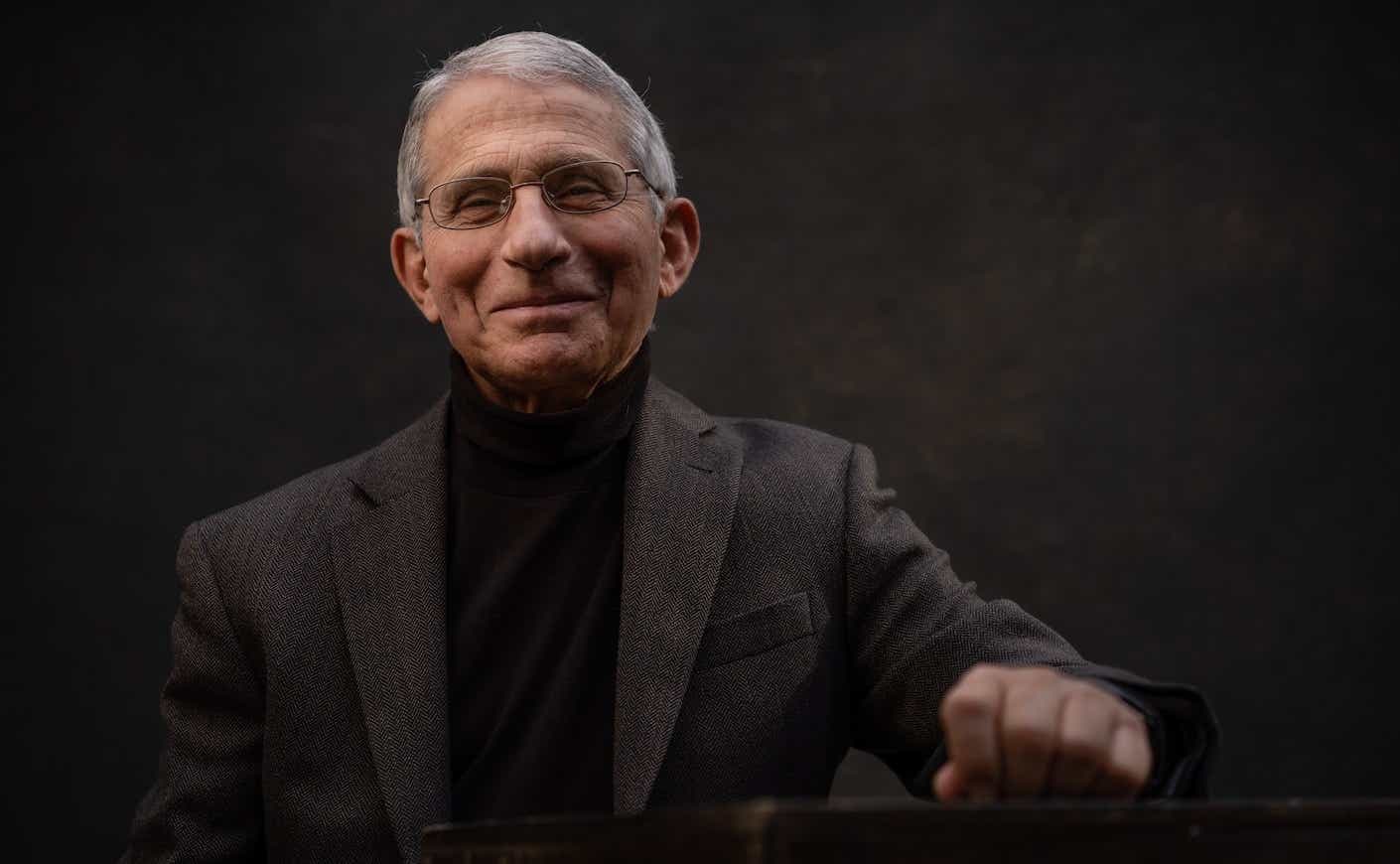The rise of the Delta variant has sparked new questions about whether fully vaccinated people can spread Covid-19.
An internal CDC report found that the highly contagious strain is just as contagious as chickenpox. And in light of new information about the variant’s ability to spread even among those with both shots, the CDC has now instructed Americans with both shots to mask up again indoors where transmission rates are higher.
So Katie turned to Dr. Fauci, the nation's top infectious disease expert, for some answers in a new video interview. The short answer is yes: vaccinated people can still transmit the coronavirus to others. Echoing previous comments made by CDC director Dr. Rochelle Walensky, he explained that vaccinated individuals can still get Covid-19. But, in most cases, "they're either without symptoms or only mildly symptomatic," he said. "So it's less that it's going to make the vaccinated person sick. It's more that it's going to allow the vaccinated person to transmit it to someone else who might get sick, like a vulnerable person in the family, an elderly individual, a child who's unvaccinated."
He added that vaccinated individuals who become infected have the virus in their noses and can spread it at roughly the same rate as someone who is unvaccinated, but told Katie the vaccinated shed the virus much faster, making them less infectious. "The level of virus in the nasal pharynx of a person who's vaccinated and infected is the same level as the level of virus in the nasal pharynx of an unvaccinated person, so you can make a reasonable assumption that they can be equivalent in how they transmit," he said. "There's one thing that works in favor of the vaccinated person: That level, though it starts off the same as an uninfected person, it decreases much more quickly."
Still, Dr. Fauci emphasized that this doesn't mean that the vaccine isn't doing its job. "The vaccine is doing exactly what we wanted it to do," he said. "It's preventing people from getting seriously ill -- that's the reason why you get vaccinated."
Fauci said providing booster shots could help address the rise of variants, and provide "optimal protection" for more vulnerable adults who are immunosuppressed, such as cancer patients receiving chemotherapy and organ transplant recipients. "I think if we need an additional boost, an initial dose to get the optimal protection...I believe that we can do that in this country, particularly for people who were immunosuppressed...They very well may need as part of their primary regimen, a three-shot boost of an mRNA vaccine," he said.
His comments come as some argue that the U.S. and other countries shouldn't administer an extra vaccine dose when much of the world doesn't have access to even the first shot. Due to these concerns about global vaccine inequality, The World Health Organization went so far as to call for a moratorium on administering booster shots as a way to help ensure that doses are available in developing nations.
But Dr. Fauci believes this isn't an either/or choice. "You certainly want to pay very good attention to getting vaccine doses to the developing world," he said. "But I believe you can do both — you can boost and get doses to them."
Here's Katie's full interview with Dr. Fauci:









